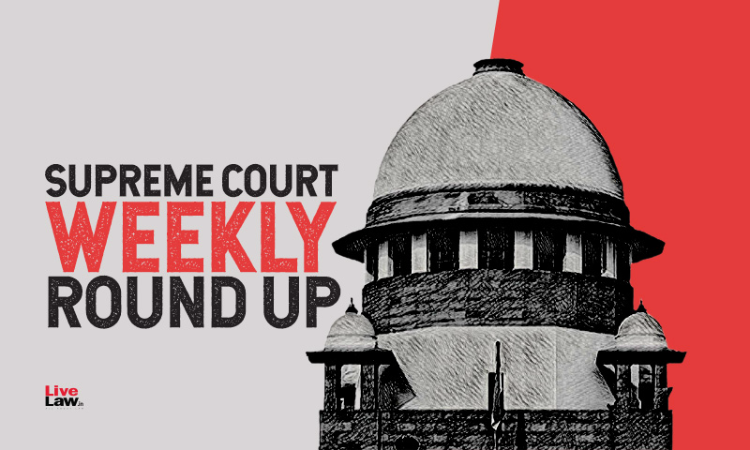Next Story
16 Jan 2022 7:35 PM IST
JUDGMENTS THIS WEEK1. Right Of Preemption A Maligned, Feudal, Archaic And Outmoded Law, Reiterates Supreme CourtCase name: Punyadeo Sharma vs Kamla DeviCitation: 2022 LIVELAW (SC) 23The Supreme Court observed that the right of pre-emption is a maligned law and are characterised as 'feudal, archaic and outmoded'.In this case, the appellants are purchasers of the land in question vide sale...

